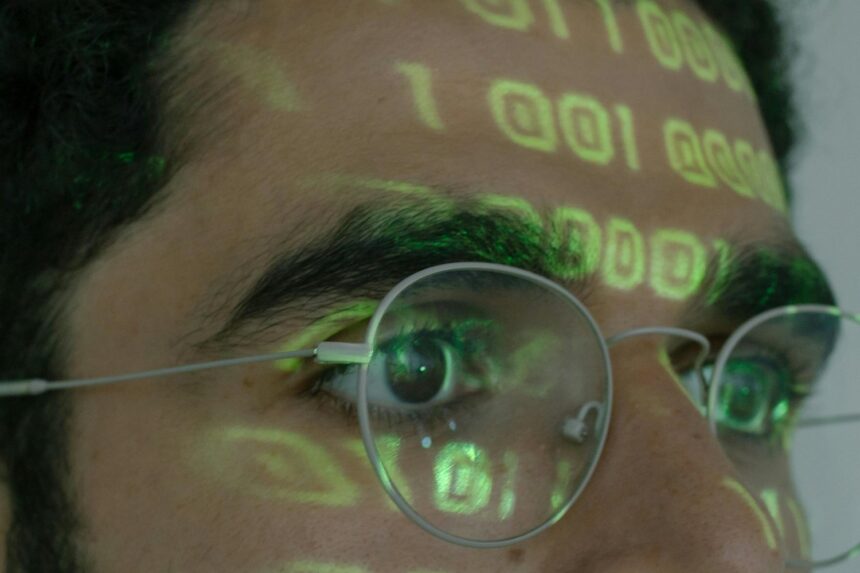
Cover Image by cottonbro studio from Pexels
By Althea Need Kaminske
Note: To the best of my knowledge I did not use generative AI to write this post. Any mistakes or insights are my own.
AI is big right now. It’s been big for a while, but it seems to be more and more aggressive in the educational space so I can longer just ignore it. I know, this was probably irresponsible of me as a cognitive psychologist who is deeply interested in learning and education. In retrospect, I think I was hoping that if I politely ignored it, it might go away. But it did not take the hint. Now, I have to patiently explain why I am not interested. Don’t get me wrong, I don’t think AI is the downfall of society or anything. I have the firm belief that AI is a tool and as such it is neither inherently good nor bad. As a tool it can be used or misused. I just have the unsettling suspicion that what is being labeled as AI isn’t always AI, at least not in the way you think it is, and even if it is AI, it might not always be the right tool for the job.
Artificial Intelligence is many things. As a field of study, Artificial Intelligence seeks to both better understand human cognition through computer models and to improve task-based computer models (that is, where the goal is to improve performance on a task and not necessarily to model how a human would perform on that task). Artificial Intelligence is in many ways a sister-discipline to cognitive psychology which also seeks to better under human cognition. Both fields are considered part of the broader interdisciplinary field of cognitive science which is informed by Philosophy, Linguistics, Anthropology, Psychology, Artificial Intelligence, and Neuroscience (1,2). Both came about in the 1950s and 60s, and while we can quibble about when, exactly, Cognitive Psychology became its own sub-discipline of psychology, the general consensus is that the field of Artificial Intelligence started in the summer of 1956 at the Dartmouth Summer Research Project on Artificial Intelligence (1).
Cognition, as it turns out, is pretty complex. Therefore, the study of Artificial Intelligence is broken into several different sub problems. The subproblems look like a mirror held up to a cognitive psychology textbook: reasoning & problem solving, knowledge representation, planning & decision-making, learning, natural language processing, perception, etc. If you can ask how humans do it, you can also try to build a model of it and ask how a machine might do it.







